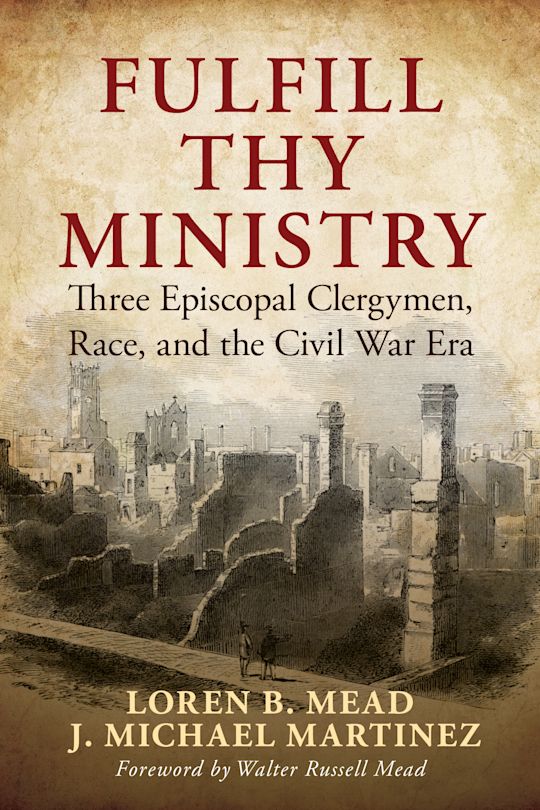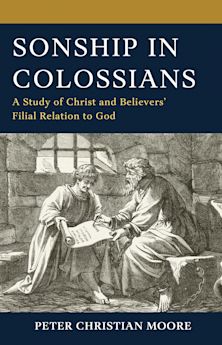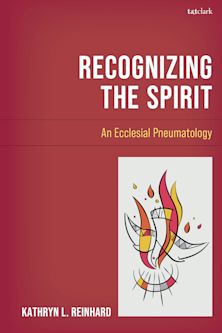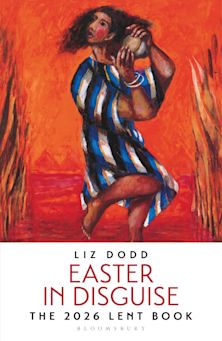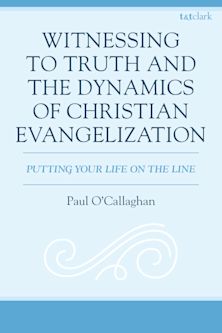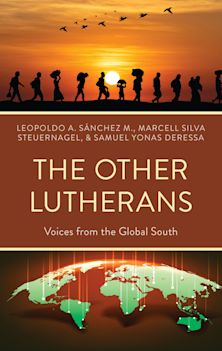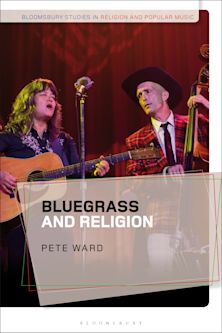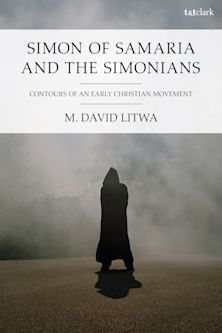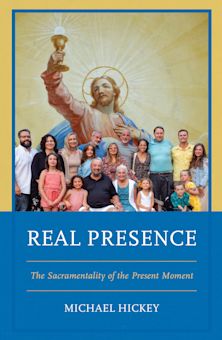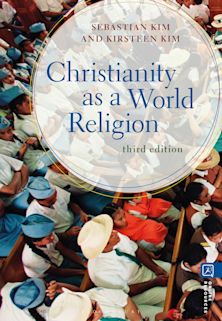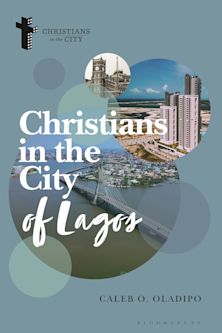Fulfill Thy Ministry
Three Episcopal Clergymen, Race, and the Civil War Era
Fulfill Thy Ministry
Three Episcopal Clergymen, Race, and the Civil War Era
Payment for this pre-order will be taken when the item becomes available
Description
Race and enslavement were the major issues confronting the Christian Church in the United States throughout the nineteenth century. During the antebellum era, churches debated whether their scriptures condoned race-based slavery.
To understand better how these Southern churches evaluated and made their choices in postwar nineteenth-century America, this book examines the lives and careers of three white Episcopal clergy from South Carolina: Peter Fayssoux Stevens (1830-1910), A. Toomer Porter (1828-1902), and William Porcher DuBose (1836-1918). These men present illuminating case studies because they were contemporaries and their early lives were remarkably similar, yet their responses to how the Southern church welcomed or rejected freed Blacks significantly diverged following the Civil War.
Each of these representative figures was born in antebellum South Carolina, reared in the Protestant Episcopal Church (PEC), and called to ministry. Porter and DuBose hailed from families made wealthy by the labor of enslaved persons. When war erupted in 1861, each man served the Confederate States of America (CSA). After the war, however, their attitudes toward race sharply differed.
Their responses to the end of the Civil War, Reconstruction, and Jim Crow can be understood within the context of the men's lives and careers. That three white South Carolina Episcopalians born within a decade of each other would pursue divergent paths in subsequent years highlights the contradictions, complexities, and hypocrisies of faith and racial attitudes in the nineteenth-century Protestant church.
The book contributes to Southern religious history, church history, and American religious history. Studying these figures tells a larger story about how the Christian church, and the South, understood faith commitments in the context of social and religious racism-racism that, sadly, remains in evidence in the church today.
Table of Contents
Preface and Acknowledgements (J. Michael Martinez)
Foreword (Walter Russell Mead)
Part I-The Antebellum Era and the War of 1861-1865
1. “The Rich and the Poor in the House of God Meet Together”-Three Clergymen and the Protestant Episcopal Church in the Civil War Era: An Overview
2. “He Was Always Entertained at the Various Plantations and Was Always Welcomed Most Warmly”-Peter Fayssoux Stevens: The Early Years (1830-1865)
3. “I Think I Was Born Opposed to Slavery”-Anthony Toomer Porter: The Early Years (1828-1865)
4. “I Redevoted Myself Wholly and Only to God”-William Porcher DuBose: The Early Years (1836-1865)
Part II-Reconstruction and Redemption
5. “A World So Changed from What It Had Been Ten Years Before”-South Carolina Politics During Reconstruction (1865-1877)
6. “Shall the Church of God Catch the Evil Infection?”-The Postwar Episcopal Church in the South Carolina Diocese
7. “Of Bishop Stevens It May Be Well Said: 'Servant of God, Well Done!'”-Peter Fayssoux Stevens: The Later Years (1865-1910)
8. “He was a True Evangelist”-Anthony Toomer Porter: The Later Years (1865-1902)
9. “The Only Important Creative Theologian That the Episcopal Church in the United States Has Produced”-William Porter DuBose: The Later Years (1865-1918)
Part III-Conclusion
10. “We Have Passed Through a Season of Extraordinary Trial”-Divergent Views on Race in the Lives of Stevens, Porter, and DuBose
References
About the Authors
Product details

| Published | Apr 02 2026 |
|---|---|
| Format | Ebook (Epub & Mobi) |
| Edition | 1st |
| Extent | 328 |
| ISBN | 9798881803568 |
| Imprint | Bloomsbury Academic |
| Illustrations | 15 b&w images |
| Publisher | Bloomsbury Publishing |
Reviews

ONLINE RESOURCES
Bloomsbury Collections
This book is available on Bloomsbury Collections where your library has access.









